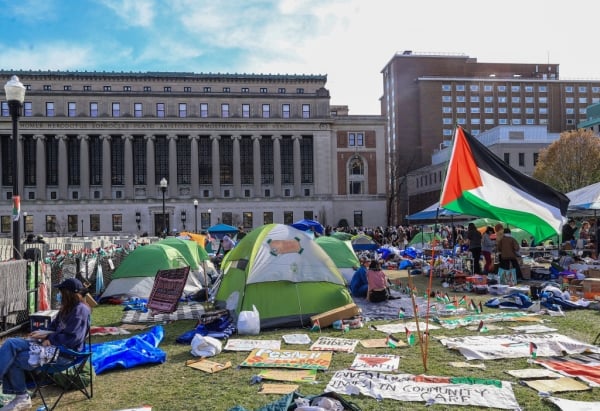Student protests have been a common occurrence on college campuses for decades, with students rallying together to demand change on a variety of social and political issues. While these protests are often led by students, professors also play a crucial role in shaping the dialogue and supporting the efforts of their students.
One important aspect of student protests is the intergenerational relationship between professors and students. Professors have a responsibility to support and guide their students as they navigate the complexities of organizing and participating in protests. This responsibility stems from the unique position of professors as educators and mentors to young students, and their role in fostering critical thinking and civic engagement.
One way in which professors can support student protests is by providing a space for dialogue and debate within their classrooms. By creating an environment where students feel comfortable discussing their beliefs and opinions, professors can help students develop the critical thinking and communication skills necessary to effectively advocate for change. This can also help students understand the historical context of social movements and protests, and the impact they can have on society.
Furthermore, professors can provide practical support to student activists by offering resources and guidance on organizing and mobilizing efforts. This can include connecting students with community organizations, providing access to relevant research and literature, and helping students navigate the complexities of campus policies and procedures. Professors can also serve as mentors and advisors to student activists, offering guidance and feedback on their strategies and goals.
In addition to providing support and guidance, professors also have a responsibility to respect and validate the voices and perspectives of their students. This means actively listening to student activists, amplifying their voices, and acknowledging the legitimacy of their concerns and demands. By demonstrating a commitment to inclusivity and social justice in their classrooms and academic work, professors can help validate the experiences and perspectives of marginalized students and encourage a more equitable and inclusive campus community.
Ultimately, professors have a unique opportunity to shape the conversation around student protests and social movements, and to help students understand their role as agents of change in society. By fostering a culture of critical thinking, dialogue, and support within their classrooms, professors can help empower students to engage in meaningful activism and advocate for a more just and equitable world. Through their intergenerational responsibilities, professors can play a vital role in supporting and guiding student activists as they work towards a more just and inclusive society.



